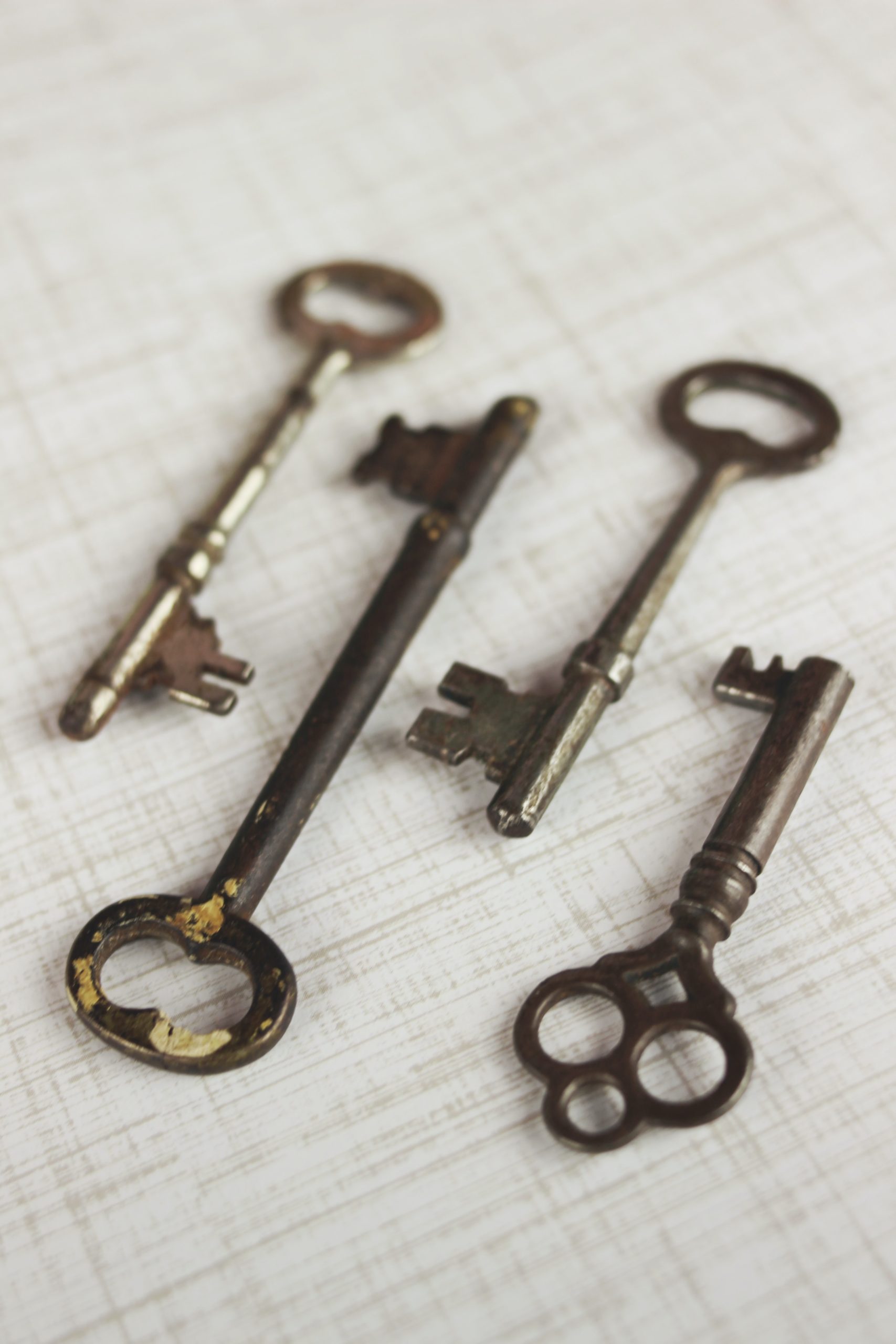Home Insurance Dos and Don’ts for New Homeowners
If you’re someone who’s recently bought a home, it’s important to get your purchase insured! After all, a new home is likely the most expensive possession you’ll ever own, and unlike a renters insurance policy, homeowners insurance is something that isn’t worth skipping out on. When talking to different insurance companies as a homeowner, it can get easy to get stuck in the minutiae of homeowners insurance policies; however, it’s crucial that you do your research so that you get the right homeowners insurance policy from the insurance company. Here are a few dos and don’ts to think about as part of the ultimate guide to insuring your first home successfully.
Do shop around and get multiple quotes.

As a homeowner, you want to keep your monthly payments as affordable as possible. After all, depending on the size and condition of your new home, the mortgage cost and utilities may be a lot more than your old home or apartment. This means that every penny you can save on things like auto insurance and homeowners insurance is a penny that can go towards upgrading your new home. There are plenty of common updates for old homes that you might want to make, from updating appliances and finishes to ripping out old cabinetry and replacing it with something more your style. Shopping around to compare one insurance company to another is an ideal way to lower these monthly costs, since you can talk to your insurance agent about the sort of coverage and pricing you’re getting from competitors to try and get a better deal.
Do document what you own as specifically as possible.

When you get your insurance policy, it’s crucial to ensure that you have properly documented your belongings. After all, if your home is destroyed in a fire, you need to be able to provide a record to your insurance agent if you want to get reimbursed for the value of your home’s contents. Depending on the situation, being more specific could mean that you’re credited a lot more money, since certain pieces of furniture or electronics may stop being produced or increase in value over time. For example, instead of saying that you have a flatscreen television—which will mean that your TV is replaced with the least expensive flatscreen TV an insurance adjuster can find—include the size and brand of the television, too.
Don’t bundle your insurance unless it saves you money.

Many times, people choose to bundle insurance since it allows them to avoid dealing with one more company. While it’s understandable to value your time, it’s a good idea to choose your home insurer for more than just convenience. As such, you’ll want to use the internet to take a look at different auto and home insurance quotes to see if you’re truly getting a good deal on your auto and home insurance policies, respectively. If it makes more sense to keep your car insurance policy separate from your homeowners policy, do yourself a favor and save the money by not bundling.
Don’t cut corners on what you insure.

Comprehensive coverage is critical when it comes to insuring your home. Remember that this isn’t just a possession, it is your shelter, and, effectively, your life. By cutting corners on your insurance, you might save short-term money, but if your type of coverage isn’t enough to really address problems that an inspection may have missed, you’re going to really regret it. Spending a little bit more money on better coverage is ultimately a better idea, and can give you the peace of mind you need to live life to the fullest within your first home—even if you have to call a plumber, electrician, or general contractor to address mold growth, problems with your ducts, or leaks.
